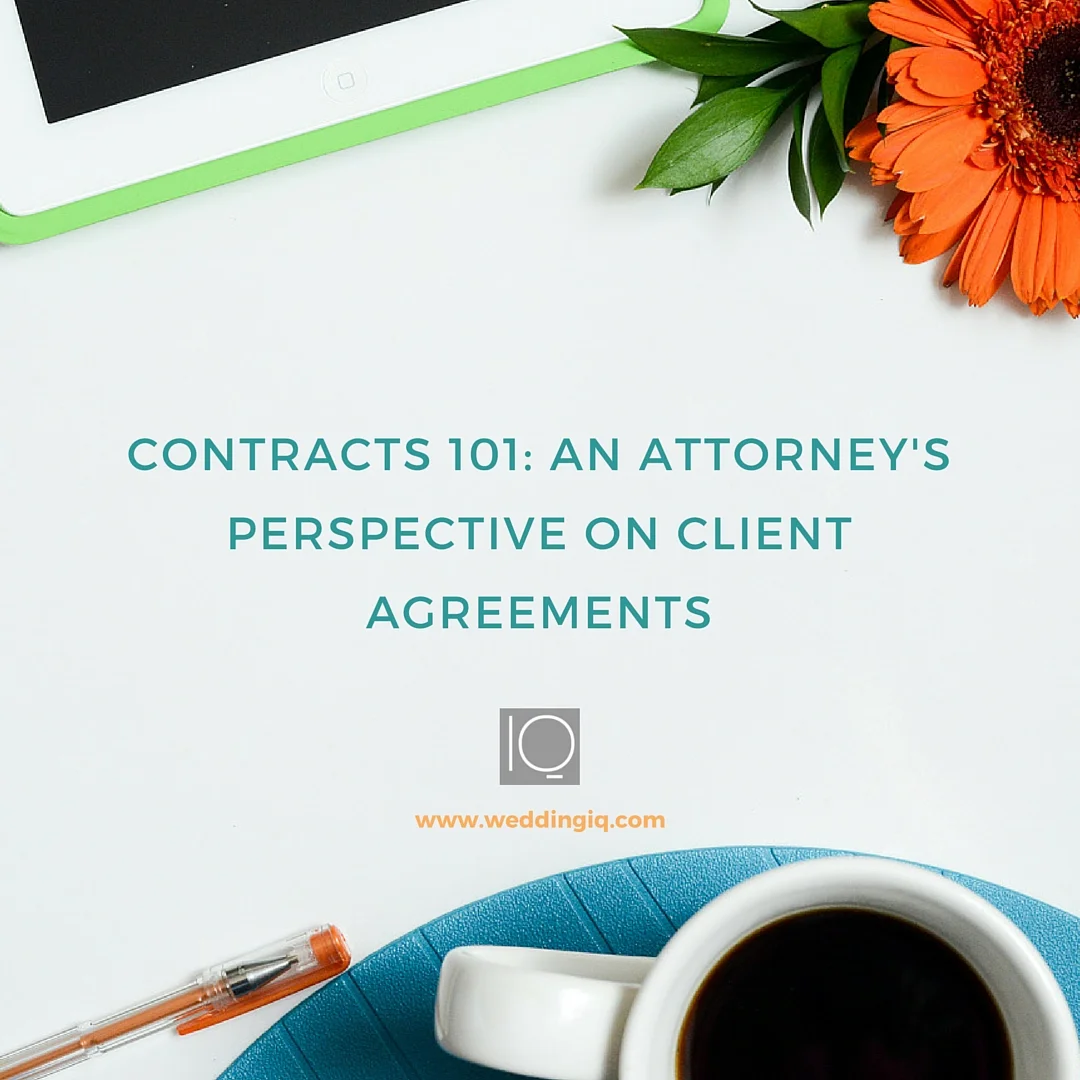All in Clients
How to Sell Weddings on the Weekend (When You Happen to Work Weddings All Weekend)
Couples: "We’d love to meet with you on the weekend to plan our weekend wedding that only happens on one weekend of our entire lives."
You: "I’d love to meet with you sometime during the week because I work almost every weekend on weddings that occur only on the weekend."
I kid, but the struggle is real, for you and for your potential clients. You may not work every weekend or every day of the weekend, but let’s face it, you might want a weekend off every once in awhile or to recover from a long day by relaxing. It’s difficult to schedule meetings in this 9-to-5 (and exceedingly 9-to-9) culture when your business hours are slightly more ambiguous or the opposite of most of society's schedule. You also don’t want to fall in the trap of working seven days a week just to appease your clients, or neglect to schedule time off so you can recharge and get back to the grind the following week.
Meeting Techniques for Making the Sale
(Editor's Note: We're closing out the week with this great guest post from Kevin Dennis of Fantasy Sound Event Services. Read more about Kevin at the end of the post, and be sure to check back Monday for a special announcement regarding WeddingIQ!)
These days, the bottom line isn’t solely about having great products or services and making sure people know about them. Sales play an incredibly important role in the conversion of “I like you guys!” to “I want to book you!”
In fact, selling starts as soon as a potential client shows interest- from the ease of contacting you to the look of your office when they first walk in the door (that’s right- time to find a new home for all those mason jars peeking out from around the corner!). It should be your top priority to make sure prospects look forward to your meeting.
Contracts 101: An Attorney's Perspective on on the Importance of Client Agreements
(Editor's note: Today's guest post was submitted by attorney Autumn Witt Boyd, who serves creative business owners in a variety of capacities. We're thrilled to have her valuable contribution to our monthly content theme of legal and financial issues.Read more about Autumn at the end of the post!)
You already know you need a written contract with your clients, right?
Contracts help both sides work together more smoothly, because there are no questions about what everyone has agreed to. It’s all there in black and white. No one has that feeling in the pit of their stomach about what could happen if things go wrong – you’ve already talked about it, and you both know exactly where you stand.
The Importance of a CRM System
When we first start out in business, we have all the time in the world. Every inquiry, every meeting, every contract and every other step of the transaction has our undivided attention, because - let's face it - we don't yet have a whole lot else to do. Of course, most of us hope to steadily grow our business and to become busier and busier, which means staying on top of our clients only gets harder and harder.
That's where CRM comes in.
The term CRM (customer relationship management) refers to a system or software that helps you manage any combination of your sales, marketing, operations and client interactions. And when your business really takes off and you suddenly have more client interactions than you can handle, your CRM becomes a lifesaver.




